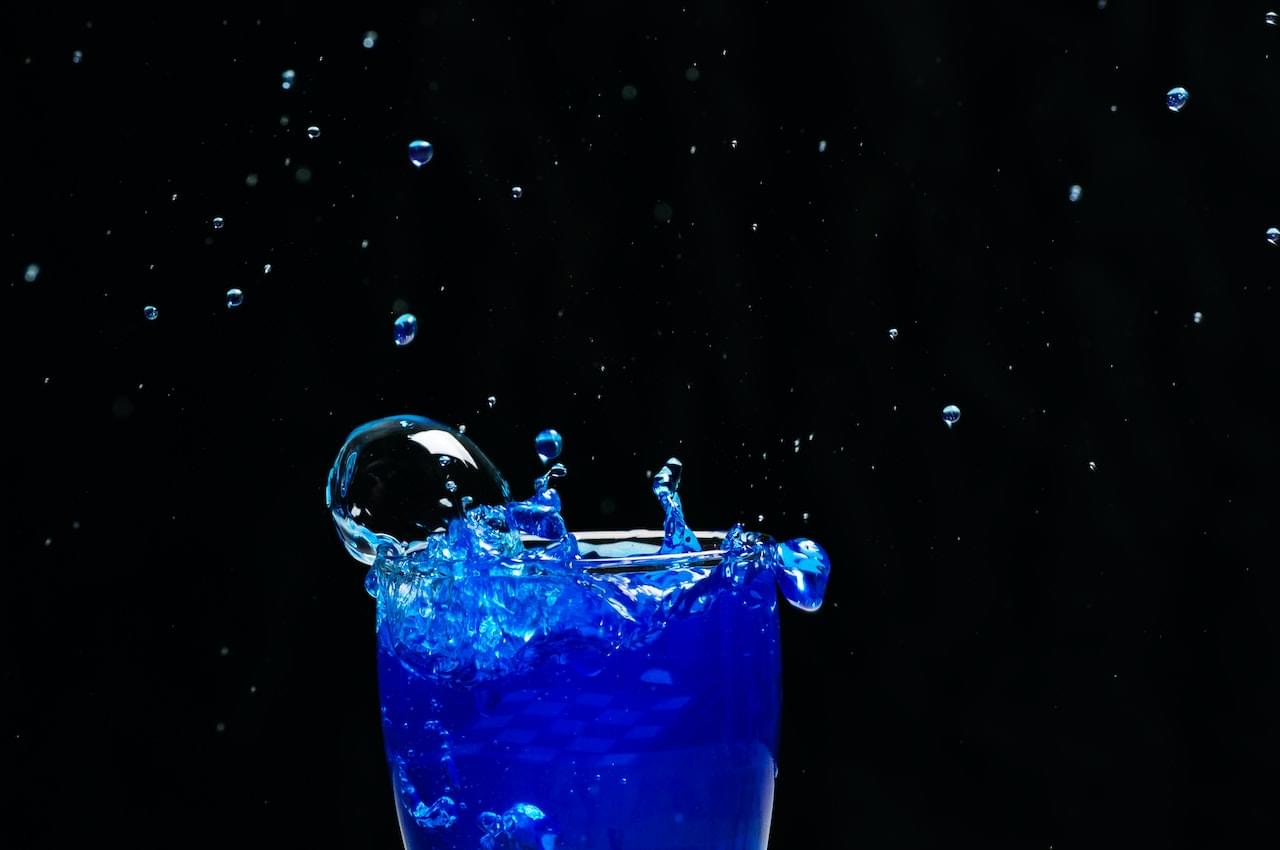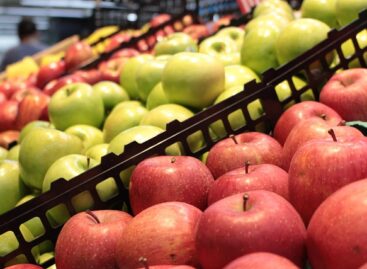Is the product tax coming? Young people still consume a high proportion of energy drinks
Young people and school-aged children still consume a high proportion of energy drinks, so it is important to draw attention to this with various attitude-shaping programs – said the Parliamentary State Secretary of the Ministry of the Interior at a Wednesday press conference in Budapest.

A daily intake of 400 milligrams of caffeine is already harmful to health
Bence Rétvári put it this way: “you can see that there is a fashion for consuming energy drinks”, some people drink it with alcohol, some people drink it without it, as a soft drink, even with several cans a day.
Presenting the results of a 2018 survey, he said that 10.5 percent of school-age children have already consumed energy drinks, and 18.5 percent of them drink such a product on a weekly basis. The consumption of these products increases from the 9th grade, which is dangerous, he said, because a daily intake of 400 milligrams of caffeine is already harmful to health.
The state secretary recalled that the government tried to act against the overconsumption of energy drinks with various measures; brought these products under the scope of the public health product tax (chips tax) and prohibited the sale of these types of products in school canteens.
MTI
Related news
What is a Tesla doing in the story of Hungarian energy drink WATT?
🎧 Hallgasd a cikket: Lejátszás Szünet Folytatás Leállítás Nyelv: Auto…
Read more >Health is decided at the family table – dietitians show the everyday application of the SMART PLATE® nutritional recommendation
🎧 Hallgasd a cikket: Lejátszás Szünet Folytatás Leállítás Nyelv: Auto…
Read more >Related news
The Hungarian Food Book is 50 years old
🎧 Hallgasd a cikket: Lejátszás Szünet Folytatás Leállítás Nyelv: Auto…
Read more >









